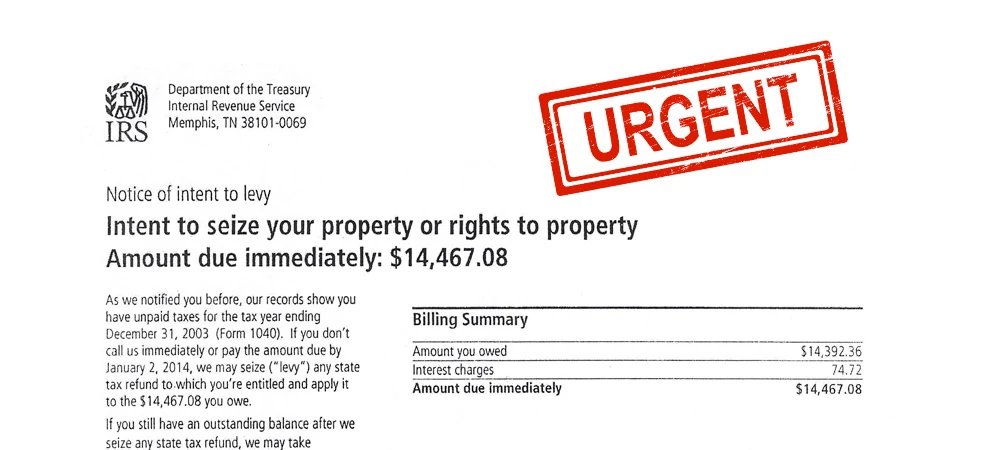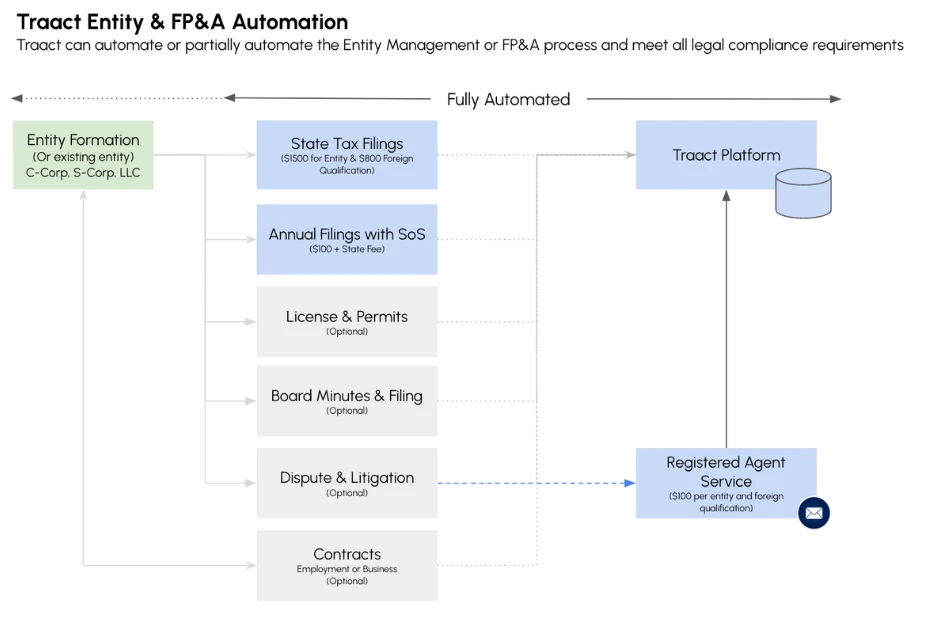Staying Compliant Should be Your Top Goal in 2023
Dec 26, 2022

Across the US, about 89% of organizations face challenges while managing entities, as per an EY survey. The typical difficulties reported are limited resources, redundant tasks, technological challenges, and budgetary challenges, amongst many others.
On average, a large multinational organization typically has 100 to 500 entities. Handling them requires keeping track of hundreds of compliance requirements. For some organizations, it also demands blending with third-party service providers globally, adding unnecessary cost and administrative complexity.
These challenges are heightened by the fact that legal entity management teams often need more technology, project management, and other expertise to effectively manage the volume and scope of work. In addition, the legal team, which is already balancing budget challenges and increasing workloads, often needs help managing the legal entity process. Indeed, 76% of law departments report having five or fewer employees aligned to entity management.
Here is a checklist to ensure that your entities comply with the jurisdiction to keep operating:
State Tax Filing
Just like citizens pay taxes on their income, corporations pay taxes for their purchases or property. And they have similar benefits to what the citizens get after paying the taxes. Corporates pay the following taxes to the state to stay compliant:
Sales tax on products and services sold in other states
Property tax from business properties
Excise taxes for use and consumption
Self-employment taxes based on the owner's share of business income
Employment taxes based on employee earnings
Franchise taxes
Annual Statement Filing with Secretary of State
In the United States, most states require businesses to file an annual statement with the Secretary of State's office. The purpose of this yearly statement is to update the state on the current status of the business, such as the names of the current directors or officers, the business address, and any changes to the business structure.
The specific requirements for filing an annual statement vary from state to state. For example, in some states, the annual statement must be filed online, while in others, it must be mailed or delivered in person. Some states also require businesses to pay a filing fee when submitting their annual statement.
Businesses need to meet the annual statement filing requirements in their state, as failure to do so can result in the company losing its good standing or even being dissolved.
Registered Agent
In the United States, most states require businesses to designate a registered agent as part of forming a corporation or limited liability company (LLC). The registered agent's role is to accept service of process, which refers to the delivery of legal documents such as summonses, subpoenas, and lawsuits. The registered agent is responsible for forwarding these documents to the appropriate person within the company, usually the owner or an officer.
Registered agent service can be a valuable option for businesses that do not have a physical presence in the state where they are incorporated or registered or for companies that do not have someone available to receive legal documents during regular business hours. However, businesses must maintain a valid registered agent at all times, as failure to do so can result in the business losing its good standing or being dissolved.
Disputes and Litigation
Disputes and litigation are legal processes that involve resolving conflicts or resolving disputes through the court system. In the United States, disputes and litigation can arise in various contexts, including contract disputes, employment disputes, personal injury claims, and business disputes.
The process of resolving a dispute or litigation in the United States typically involves the following steps:
Filing a complaint: The party initiating the legal action (the plaintiff) files a complaint with the court, outlining the facts of the case and the relief sought.
Serving the complaint: The complaint must be served on the other party (the defendant) under the rules of civil procedure.
Responding to the complaint: The defendant has a certain amount of time to file a response, either admitting or denying the allegations and stating any defenses they may have.
Discovery: Both parties may request information and documents from the other party through the discovery process, which can include depositions, interrogatories, and requests to produce documents.
Pretrial motions: The parties may file pretrial motions to resolve specific issues before trial, such as motions to dismiss or motions for summary judgment.
Trial: If the case does not settle through negotiation or alternative dispute resolution, it will proceed to trial. At trial, both parties present their evidence and arguments to a judge or jury, who will decide the case.
Appeal: If either party is unhappy with the trial's outcome, they may have the option to appeal the decision to a higher court.
Litigation can be complex and time-consuming, and the outcome is never guaranteed. In many cases, parties may choose to resolve their disputes through alternative dispute resolution methods such as mediation or arbitration, which can be faster and less expensive than going to trial.
Service and Notice
Service of process and notice are critical legal concepts in the United States. Service of process refers to delivering legal documents such as summonses, subpoenas, and lawsuits to the parties involved in a case. Notice refers to the requirement that a party is informed about a legal proceeding or action that may affect their rights or interests.
The purpose of the service of process is to give the defendant notice of the legal action being taken against them and an opportunity to respond. Several methods of service of process may be used, depending on the case's circumstances and the court's rules. These methods can include personal service, service by mail, or service by publication.
Notice is also essential in the legal system, as it ensures that parties are aware of legal proceedings or actions that may affect them. Notice may be required in various contexts, such as when a party is served with a lawsuit or when a court issues a ruling or order. Notice may be given in person, by mail, or through other means, such as by publication in a newspaper.
It is important to follow the proper procedures for service of process and notice, as failure can result in the case being dismissed or the party being found in default.
License and Permits
A license is a legal authorization granted by a government agency or other regulatory body to allow an individual or business to engage in a particular activity. A permit is a similar type of authorization but typically refers to permission to do something that the government regulates to protect public health, safety, or welfare.
Multiple licenses and permits may be required for various activities in the United States. For example, individuals may need to obtain a license to practice a profession, such as a doctor or a lawyer, or to operate a business, such as a restaurant or a salon. Businesses may also need permits to engage in certain activities, such as construction, selling alcohol, or operating a hazardous waste facility.
The specific requirements for obtaining a license or permit vary depending on the type of activity and the jurisdiction where it is being conducted. However, an individual or business generally must apply for a license or permit, pay applicable fees, and meet regulatory requirements.
It is important to be aware of and comply with applicable licensing and permitting requirements, as failure can result in fines, penalties, or other legal consequences.
Board Management
Board minutes are a written record of the proceedings and decisions of a board of directors, such as the board of a corporation or non-profit organization. They are typically prepared by the board's secretary and are used to document the actions taken by the board at a meeting. It is generally recommended that board directors keep written records of their meetings.
Board minutes should include a summary of the main points discussed at the meeting, any decisions made by the board, and the names of the directors present. It is also important to include any motions made and the results of any votes taken. This should be kept confidential and must only be shared with authorized individuals.
However, in some cases, board minutes may be filed with government agencies or made available to the public, depending on the jurisdiction's requirements and the type of organization.
Contract Management
Contract management includes administering, negotiating, and enforcing contracts to ensure that the contract terms and conditions are followed. It is a crucial aspect of business operations, as contracts are often used to define the terms of business relationships and transactions.
The process of contract management typically involves the following steps:
Negotiation: Before a contract is signed, the parties involved may negotiate the terms and conditions of the contract to ensure that they are fair and mutually beneficial.
Execution: Once the parties have agreed to the terms of the contract, they can sign the contract, and it becomes legally binding.
Administration: After the contract is signed, the parties must follow the terms and conditions of the contract. This may involve tracking deadlines, making payments, and performing other obligations under the contract.
Monitoring: It is vital to regularly monitor the performance of the contract to ensure that all parties are fulfilling their obligations.
Enforcement: If one party fails to fulfill their obligations under the contract, the other party may have the right to seek enforcement of the contract through legal action.
Effective contract management is essential to ensure that business relationships and transactions run smoothly and that all parties are accountable for their obligations.
Tracking all legal operations to comply with the laws can be exhausting and burden legal professionals. This means there are chances of missing some of them and failing to comply. A no-frills solution to this is investing in cloud-based legal operations software that takes care of all the tasks mentioned above. Traact simplifies all your legal operations, gives you an insight into all the ongoing, upcoming, and pending tasks, and helps the legal team save time and effort, but helps them keep your business running.

You can book a free demo with us to understand how Traact can help you stay compliant.